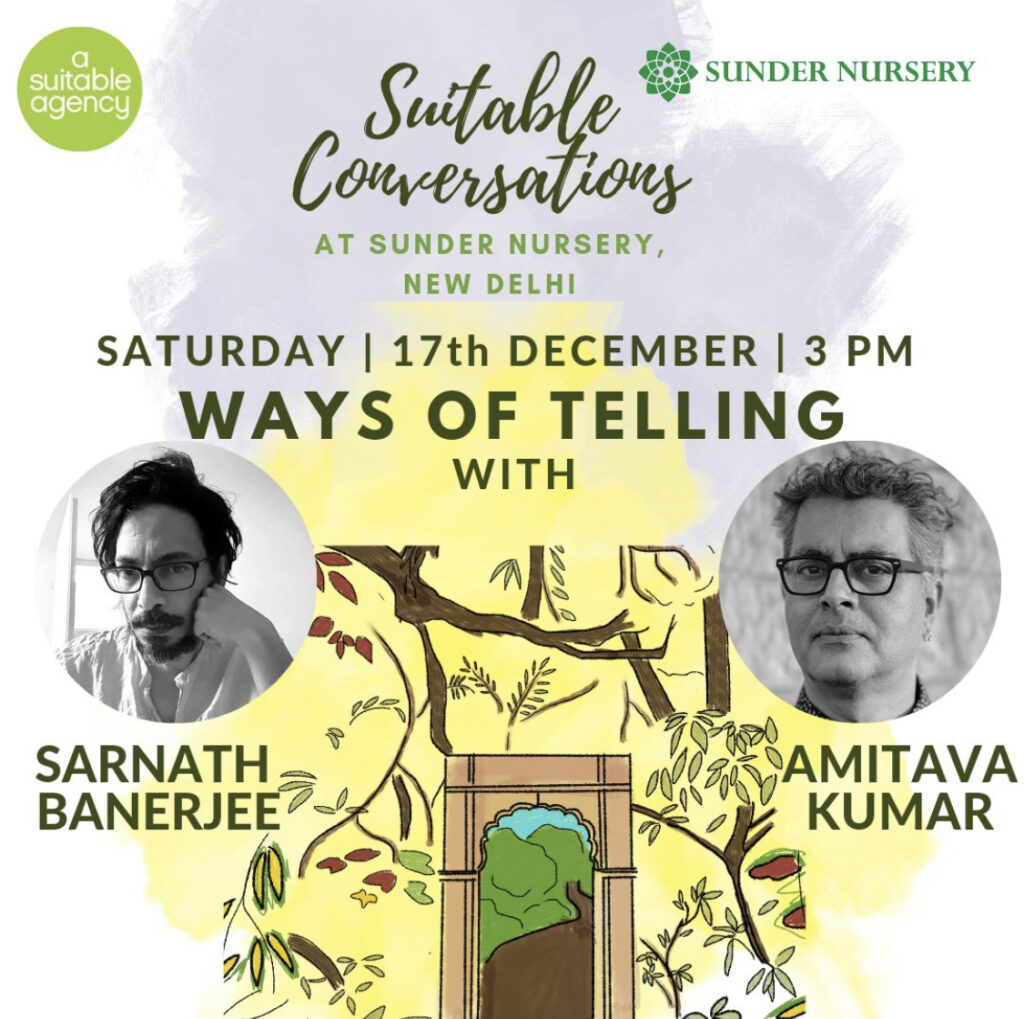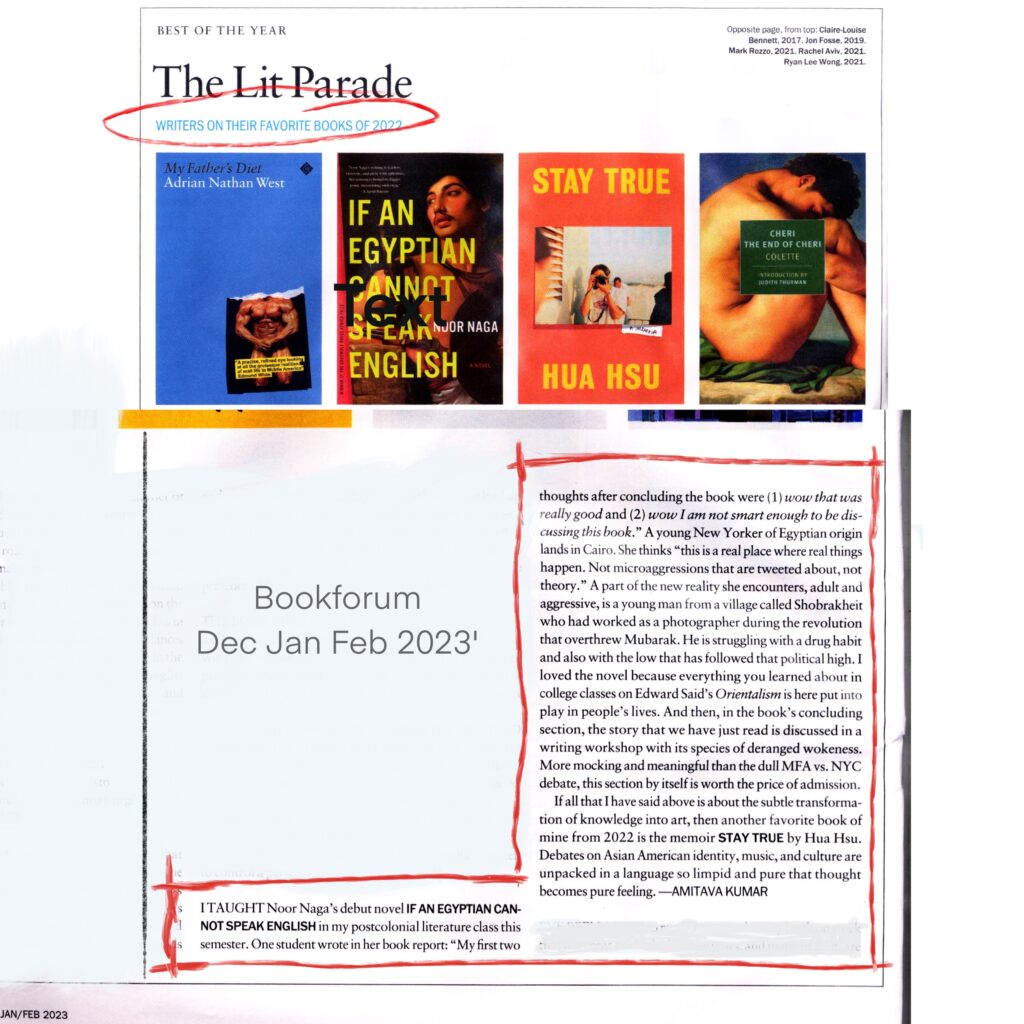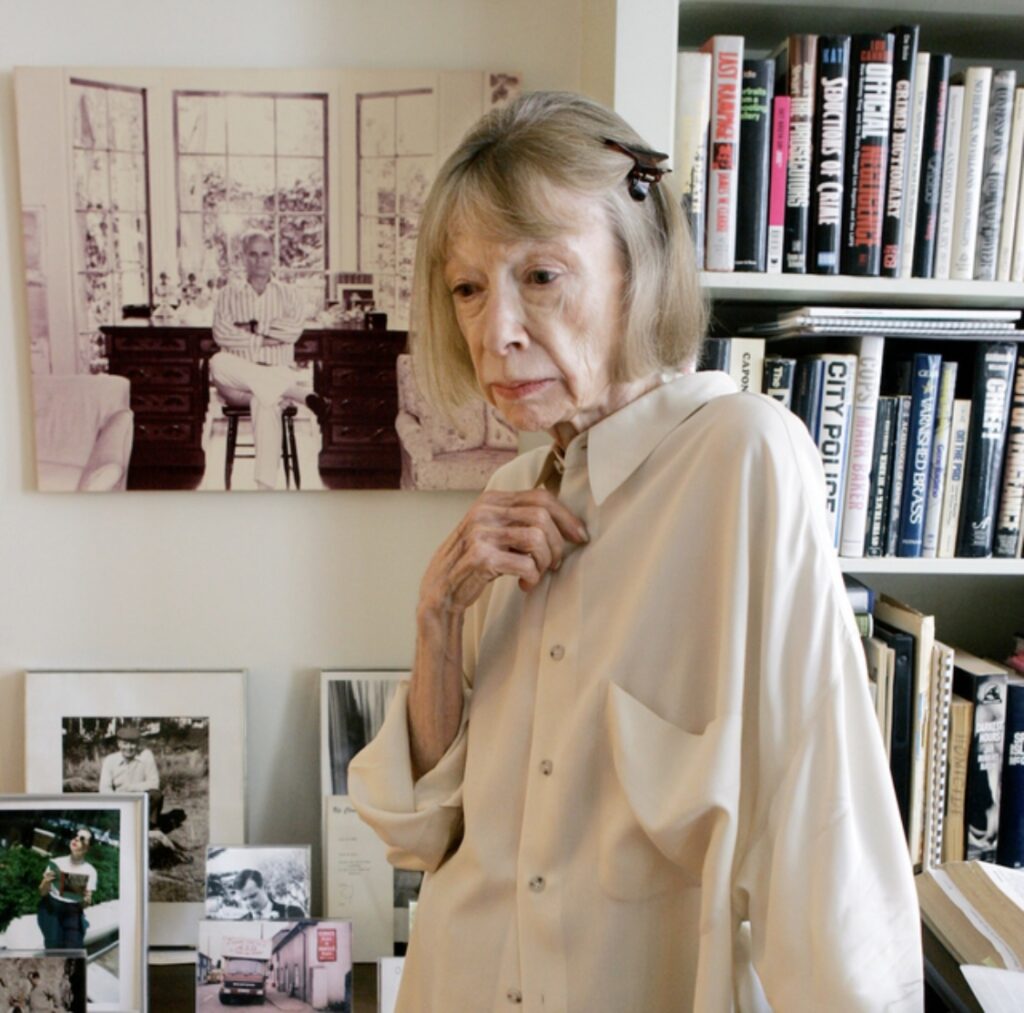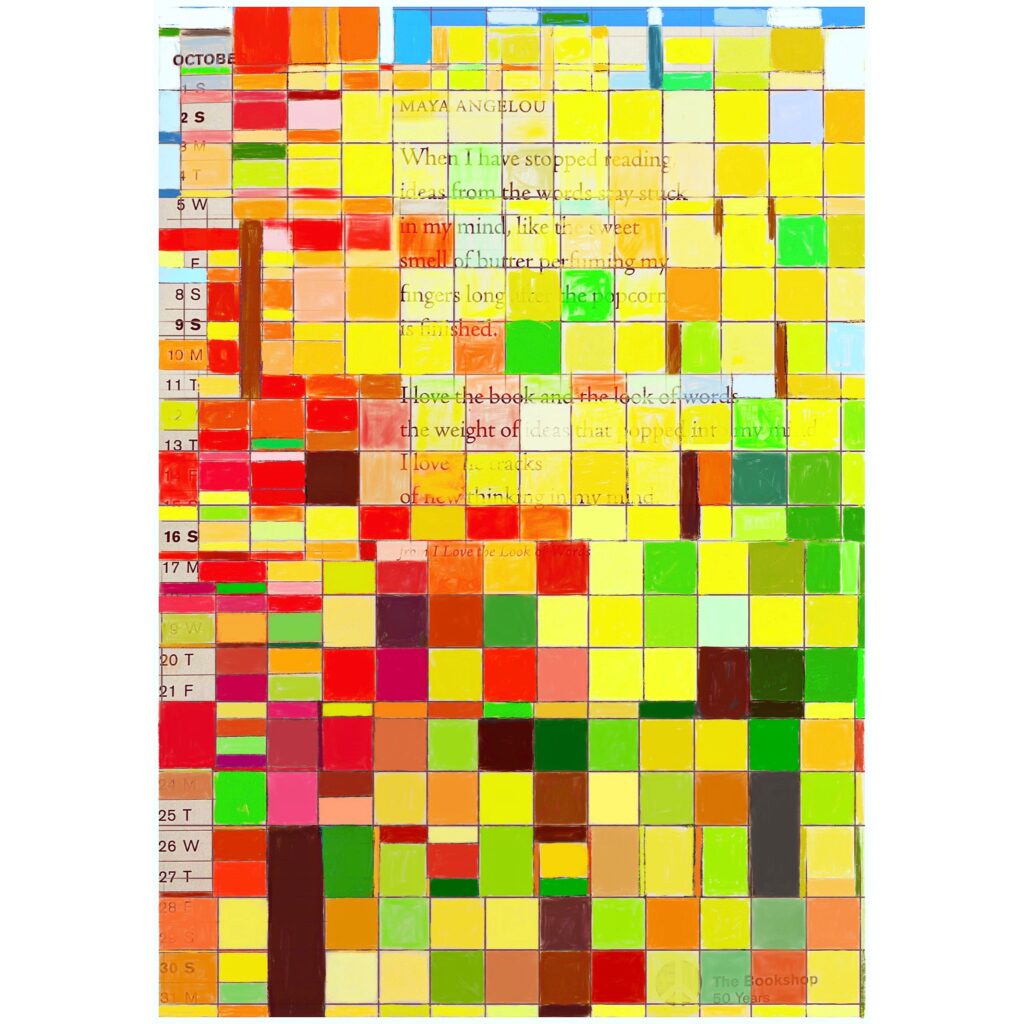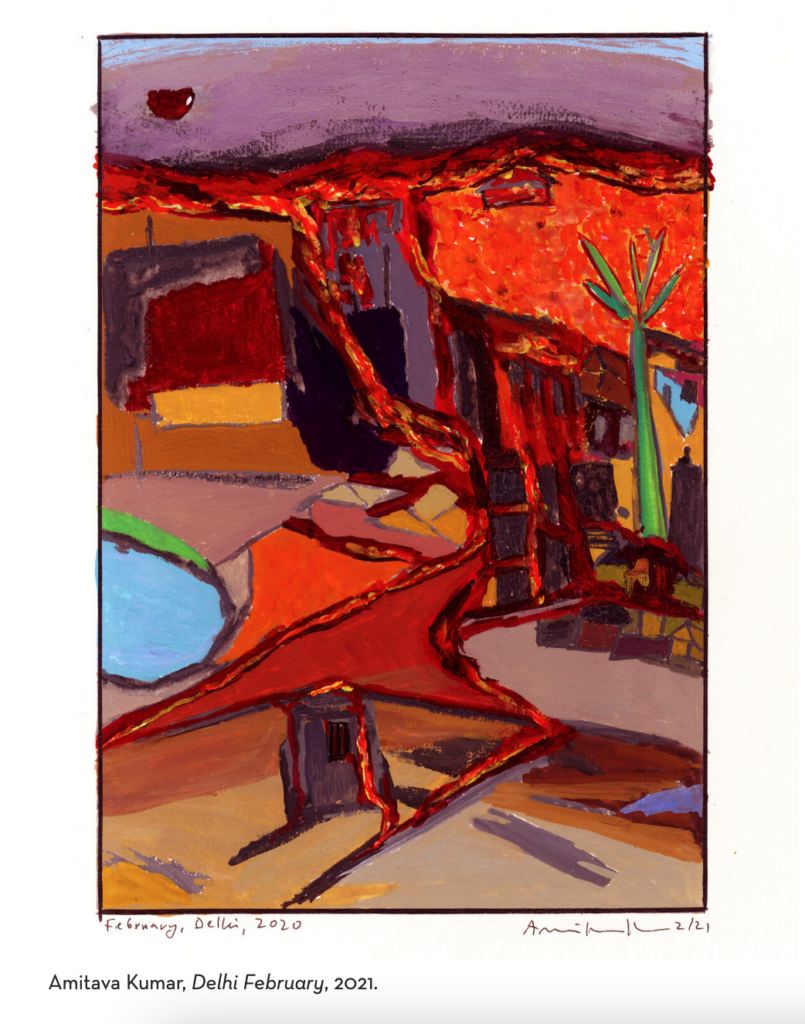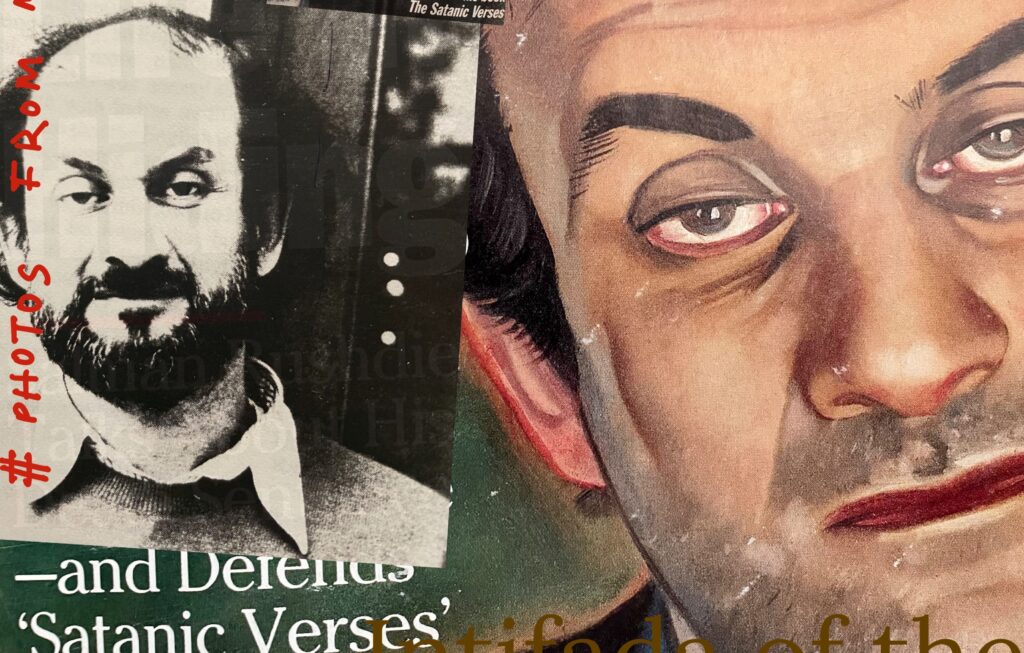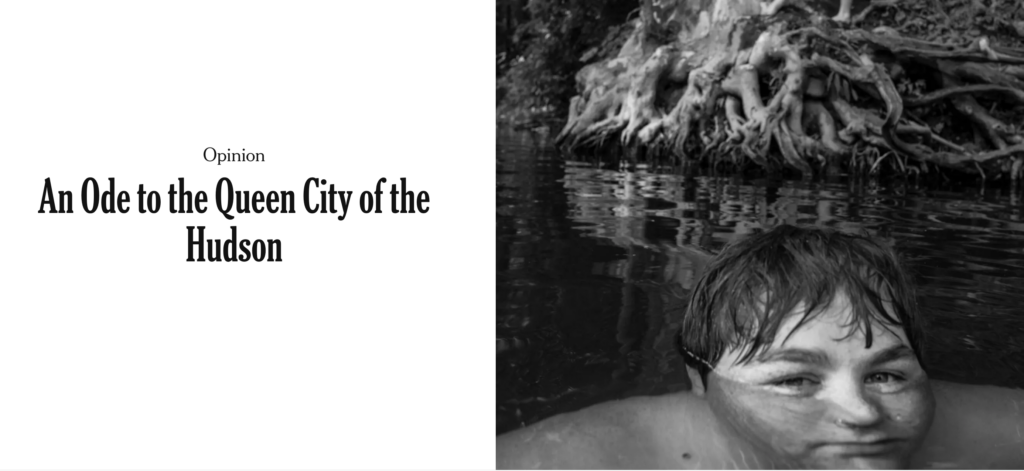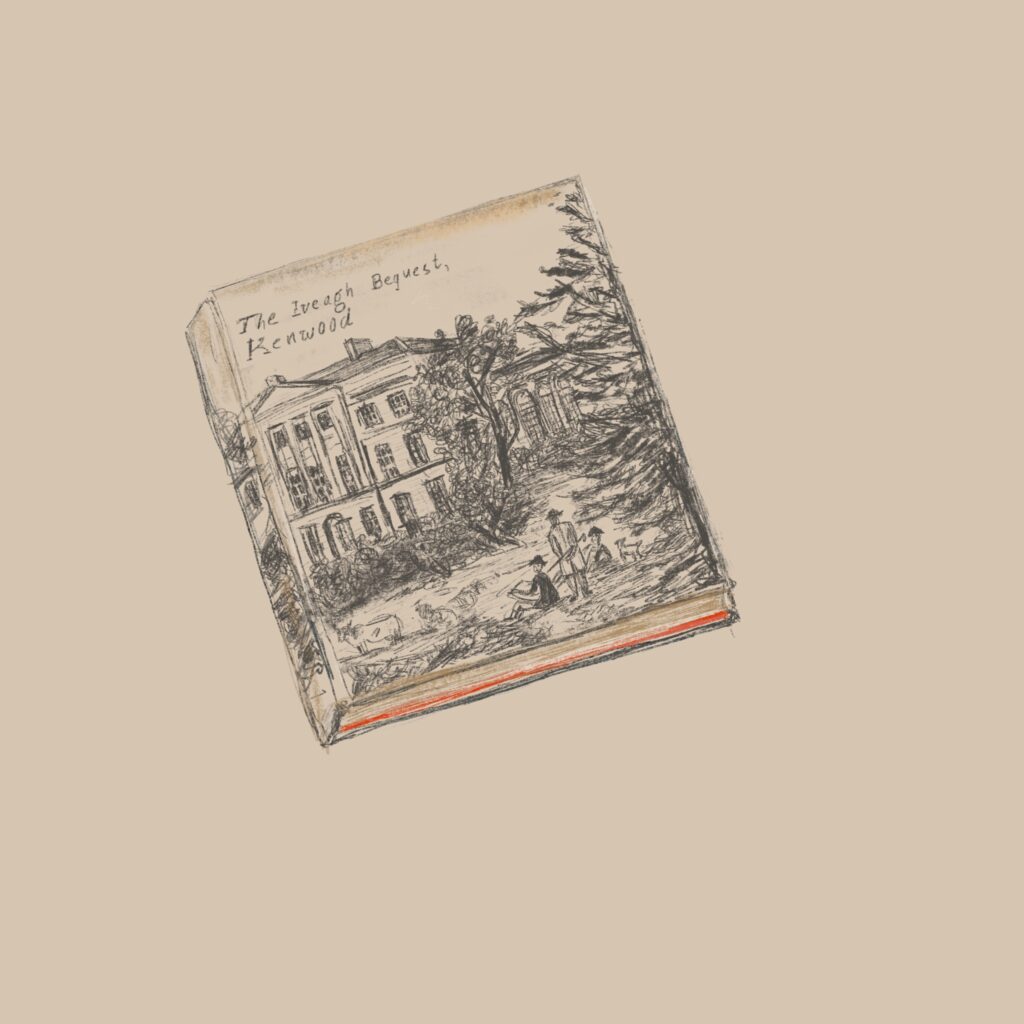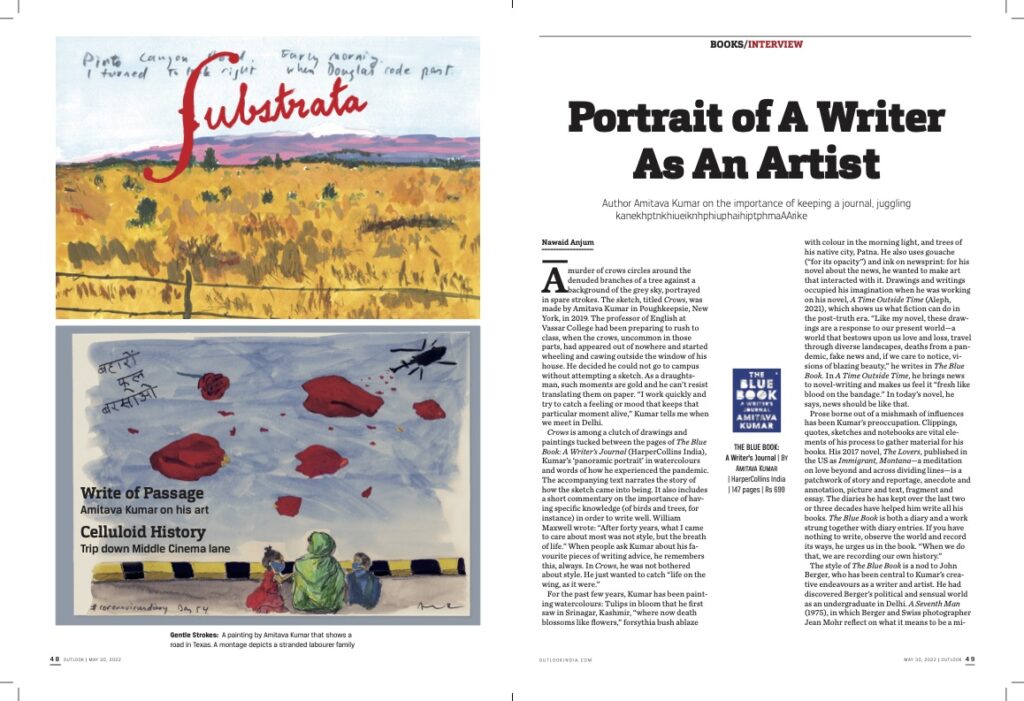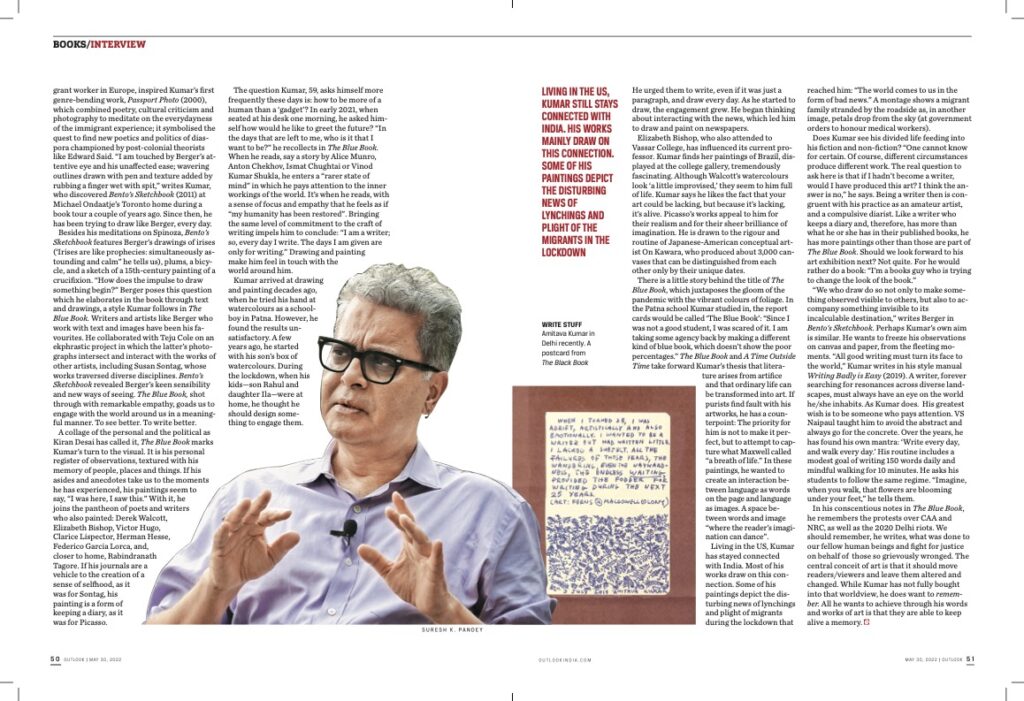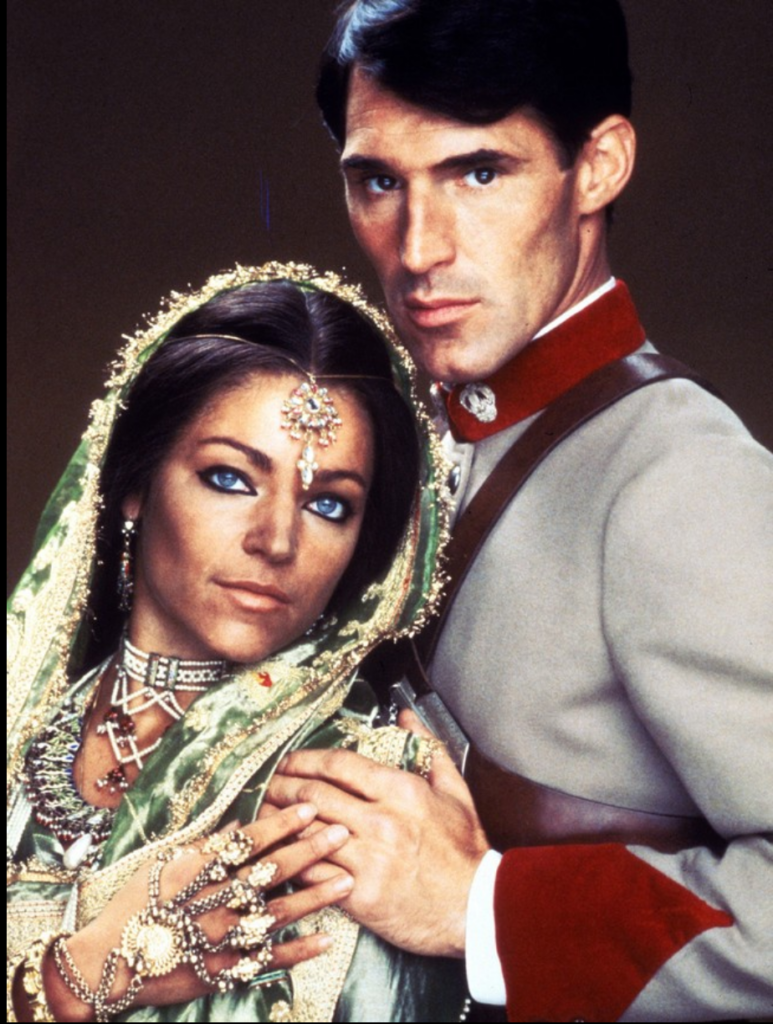
A week has passed since the attack on Salman Rushdie. Today, I published a longer essay on Oprah Daily. Why use a still from The Far Pavilions here? Read on.
In the opening paragraph of his memoir titled Joseph Anton, Salman Rushdie writes about first receiving the call from a BBC reporter asking for a response to what had happened. “How does it feel,” she asked him, “to know that you have just been sentenced to death by the Ayatollah Khomeini?”
He remembers thinking, I’m a dead man.
But the expected didn’t happen. Or not against him. His Japanese translator was killed. His Norwegian publisher was shot, and his Italian translator knifed. Then, last Friday, in upstate New York, just before a discussion about the United States serving as a refuge for writers, Rushdie was assaulted on stage by a 24-year-old stranger wielding a knife. This savage attack, which inflicted grievous wounds but mercifully didn’t prove fatal, had come 33 years after the fatwa.
In February 1989, the Ayatollah’s act had introduced a new word, as Nobel laureate Nadine Gordimer noted, in the Oxford Dictionary of New Words: fatwa, “originally a generic term for any legal decision” made by a religious authority “but because of the particular context in which the West became familiar with the word, it is sometimes erroneously thought to mean ‘death sentence.’”
After that first call from the BBC reporter, Rushdie thought he had only a few days to live, “a single-digit number.” He left his home that day and didn’t return till years later, when it wasn’t even any longer his. He was required to have a code name so his cover wouldn’t be blown. He chose Joseph Anton. (For all those years, a fictional name, a combination of the names of two writers he admired: Joseph Conrad and Anton Chekhov.) Policemen from the Special Branch guarded him round the clock. He spent nine years in hiding.
What were his days like? The novelist Peter Carey, in a letter written to mark a thousand days of Rushdie’e exile, tried to imagine this life: “the fear, the loneliness of confronting your own face in God knows how many different mirrors in how many different safe houses, cleaning your teeth with a toothbrush a policeman has purchased for you, sleeping in strange beds with musty sheets, in old houses that make strange noise at night, new apartments with loud clocks, rattling refrigerators, heating that is too high or too low, and the distant voices of neighbors you will not meet.”
This is what writers do, imagine other lives. Give voice to our experience and the experience of others on God’s not-so-green-any-longer earth. When I was 24, the same age as his assailant, Rushdie was magically imagining my life and making it real. Or so it felt. I was new immigrant in the United States, and in essay after essay, later collected in Imaginary Homelands, Rushdie offered me a language to recognize myself as an individual in the West. He had always asked, How does newness enter the world? It was a migrant’s question. Rushdie also pitilessly excoriated the examples of Raj nostalgia being marketed in films and TV; I would hungrily watch those shows, but there was the writer teaching me how to view them in a political way. Against oversimplification and stereotyping, he emphasized complexity and history.
“Now of course The Far Pavilions is the purest bilge,” Rushdie wrote. “The great processing machines of TV soap opera have taken the somewhat more fibrous garbage of the M. M. Kaye book and pureed it into easy-swallow, no-chewing-necessary drivel. Thus, the two central characters, both supposedly raised as Indians, have been lobotomized to the point of being incapable of pronouncing their own names.” In reading such lines dismissing “a false Orient of cruel-lipped princes and the dusky slim-hipped maidens,” I was attracted by the political stance, of course, but I was also stirred by the language itself. For me, a young man from a provincial town in India, to read Rushdie was to lose one’s timidity when using English, the language of our former rulers. We could now declare our independence in the use of the language itself, flaunt it like he did, and suddenly appear bold and flamboyant.
Years passed. I also became a writer; it was the realization of a dream I had carried inside me so long. At literary festivals, I would cross paths with Rushdie. We had our political differences, too, because we were changing, and so was the world around us. In 2012, en route to the Jaipur Literature Festival, I was excited to learn that I would see Rushdie there. But there was trouble. On my first day at the festival, the newspapers reported that hired assassins from the Mumbai underworld were on their way to assassinate Rushdie and that this visit had been called off. (The intelligence reports were later revealed to be fiction. Cops as magical realists.)
When the time came for my fellow writer Hari Kunzru and I to read from our work, we decided to protest Rushdie’s absence by reading instead from The Satanic Verses, a book banned in India since its publication in 1988. The book was banned, yes, but we could download it on the internet. Our reading caused an immediate furor; the police arrived, and we were asked to leave the country. But what I want to say here is that I felt a great sense of freedom—a liberation from fear—as I read Rushdie’s words out in public in the country of his birth.
All the inventiveness and joy of his fiction was there in the section of The Satanic Verses that I read out at the festival, when Gibreel Farishta considers the advantages of magically transforming London into a tropical city: “Religious fervor, political ferment, renewal of interest in the intelligentsia. No more British reserve; hot-water bottles to be banished forever, replaced in the fetid nights by the making of slow and odorous love. Emergence of new social values: friends to commence dropping in on one another without making appointments, closure of old folks’ homes, emphasis on the extended family. Spicier food; the use of water as well as paper in English toilets; the joy of running fully dressed through the first rains of the monsoon.”
It had been important to do this, to remind readers of the pleasures of the book, even as outside there were calls for book burnings and the author’s head.
Albert Camus believed that a writer’s work is nothing but a slow trek to rediscover through the detours of art those two or three great and simple images in whose presence his or her heart first opened. The importance that Rushdie holds in our hearts—I mean here writers close to his age, like Hanif Kureishi, or from succeeding generations, like Kiran Desai, Raj Kamal Jha, Suketu Mehta, Ayad Akhtar, Téa Obreht, and Zadie Smith—is that there is a fundamental gesture or stance in our own writing that can be traced to what he accomplished in a book like Midnight’s Children. What is true of writers is also, of course, true of readers: We all carry the memory of our encounters with books and their impress on our minds and our lives.
In my case, I have never forgotten Rushdie’s declaration, back in the early 1980s, that “the modern world lacks not only hiding places, but certainties.” He was saying there is no safe haven of religious belief or political quietism. Everything was open to question and revision. In his essay “Outside the Whale,” he declared, “we are all irradiated by history, we are radioactive with history and politics; we see that it can be as false to create a politics-free fictional universe as to create one in which nobody needs to work or eat or hate or love or sleep.” I have found this credo inspiring when writing my fiction.
Has Hadi Matar, the young man who so cruelly stabbed Rushdie multiple times, ever read the man he attacked? Would he know that soon after the fatwa, in a short poem that Rushdie published in Granta, he wrote of wanting to “sing on, in spite of attacks, / to sing (while my dreams are being murdered by facts) / praises of butterflies broken on racks”? That image of butterflies broken on instruments of torture is so striking and so powerful that I see at once why the great literary critic Edward Said once commented that Rushdie represented “the intifada of the imagination.”
Ten years after the fatwa, in a piece in The New Yorker titled “My Unfunny Valentine,” Rushdie had stated that he was now going to write only of love. “Love feels more and more like the only subject. At the center of my life, of my new work, of my future plans, I now find nothing else.” When I reread these words this past weekend, I thought of Hadi Matar in his jail cell. Acting in the spirit of Rushdie’s words, I wanted to address Matar as a fellow human being and offer him an invitation, an invitation to read. I grew up in India’s poorest state, and if I hadn’t found the path of reading, I could have ended up being killed—or, pity the thought, a killer.
I wanted to say to Matar that like the man he tried to kill, I, too, am a writer. As my life has been given over to reading and writing books, I hold on to the belief that if we read widely and deeply, we will encounter people and places unlike ourselves. This sense of difference, its pleasures and challenges, will perhaps steer us away from intolerance. Many people in this country, including Malcolm X, discovered reading in prison—and were transformed. I hope that Matar, too, will find a similar liberation in learning.
One further point. We have seen the universal outpouring of grief and concern for Rushdie over the past week. People have been posting his lines on social media, they are discussing the influence of his work. Over the past few days, I have read nothing but his words in essays, novels, and interviews. (My son, only 12, has declared his interest in reading The Satanic Verses. I think he should wait.) The reading we have done has been a great consolation. Hadi Matar’s attack has failed—as any act of violence, and in such circumstances, inevitably would—because he has succeeded only in returning us to Rushdie’s words. May literature live forever.
Amitava Kumar is the author of several works of fiction and nonfiction. His novel Immigrant, Montana was on the best of the year lists at The New Yorker and The New York Times, and on President Obama’s list of favorite books of 2018. Kumar’s new novel, A Time Outside This Time, was described by The New Yorker as “a shimmering assault on the Zeitgeist.” He teaches writing at Vassar College.
